Have you ever used a cast iron pan on your stove and noticed that it’s smoking? You may have wondered why this is happening, or what you can do to stop it. The answer is simple: either the pan wasn’t seasoned properly, or else it was overheated. This article will provide detailed information on both of these causes, which will help you utilize your cast iron cookware more effectively. We’ll also discuss some tips for seasoning and maintaining your pans so that they are always ready to use.
After reading this article, you will have a clear understanding of the reasons why your cast iron pan produces smoke and learn about effective methods to avoid it in the future.
Reasons Why Your Cast Iron Smoke So Much
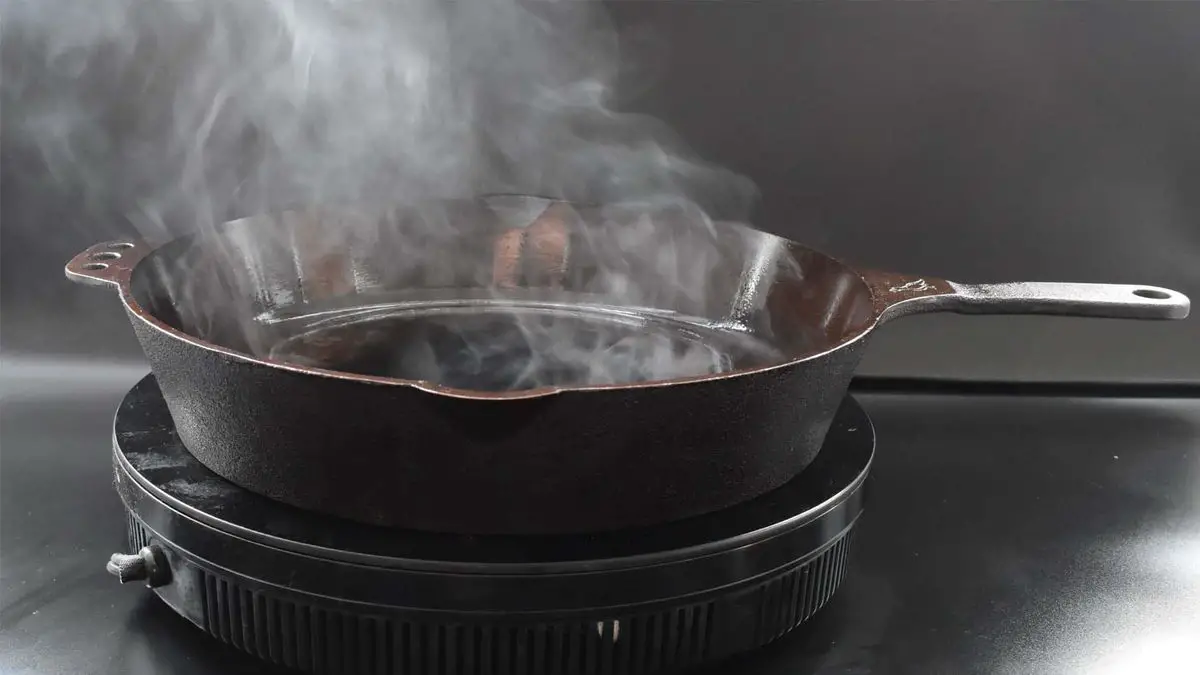
Improper seasoning or lack of seasoning is often the reason for a cast iron pan to smoke.
Improper Seasoning Of The Cast Iron Pan
To maintain the non-stick qualities and prevent rusting, it is important to season cast iron pans regularly. The seasoning process involves coating the pan with oil or fat, then baking it at a high temperature. If done properly, this creates a protective layer on the cooking surface that prevents food from sticking and also helps to keep moisture out of the pan. If the seasoning of your cast iron pan is not done correctly or not done frequently enough, it can cause excessive smoking when heated.
Use Of Oil
To prevent food from sticking, it’s crucial to use oil or fat when cooking with a cast iron pan. Heating up a pan without oil can result in smoking. This is because the metal has been overheated and is reacting with oxygen in the air.
The smoke can be dangerous when inhaled and filling your kitchen with an unpleasant smell, which is why it is important to use enough oil when cooking.
In addition, using an excessive amount of oil can lead to more smoke being generated by the burning off of extra fat from the food being prepared. It’s important to use just enough oil so that you don’t end up with smoking pans every time you cook! [1]
Heat Control
Cast iron pans are able to handle high temperatures, but they may produce smoke if they are heated too quickly or for too long. The best way to prevent this is by controlling the heat of your cooking pan. Start on a low heat and gradually increase it up until you’re at the desired temperature for your food. This will help prevent any excessive smoking from happening.
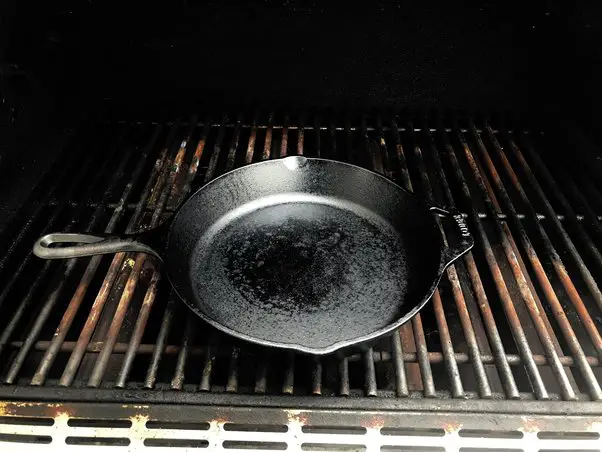
If smoke does occur while cooking, immediately reduce the heat and wait for it to dissipate before continuing with your recipe. It’s also important not to overcrowd the pan while cooking as this can cause an average amount of heat to be distributed over a large space which causes smoking due to uneven heat in the pan itself. Try instead to spread out the ingredients in an even layer in the pan.
Cooking With Acidic Foods
When cooking with acidic foods such as tomatoes, wine or vinegar, the acid can react with the iron in the pan and cause a smoke reaction. To avoid any issues, it is advisable to season your cast-iron pan before using it for cooking acidic foods. This helps create an impermeable coating on the surface that will prevent acidity from reacting with the iron of your pans.
Additionally, you should avoid preheating the pan before adding these ingredients – instead, add them to a cold pan and then gradually increase heat so that steam is created and prevents the acid from getting too hot.
Cooking Time & Temperature
Using a cast iron pan for cooking may result in smoke. The reason for this is usually the use of high temperatures during pan cooking. Cast iron pans should be preheated on medium to low heat for several minutes before adding food.
Remember to begin cooking with a cast iron pan at a lower temperature and gradually increase it as needed since they take longer to heat up compared to other types of cookware.
Similarly, the pan should be allowed to cool down gradually after use instead of being cooled quickly by running water over it.
Additionally, oil or butter should only be added after the pan is hot enough that it sizzles when dropped in. Once the food is added, the temperature can be adjusted up or down as appropriate depending on the desired level of cooking. [2]
How Do I Stop My Cast Iron Skillet From Smoking?
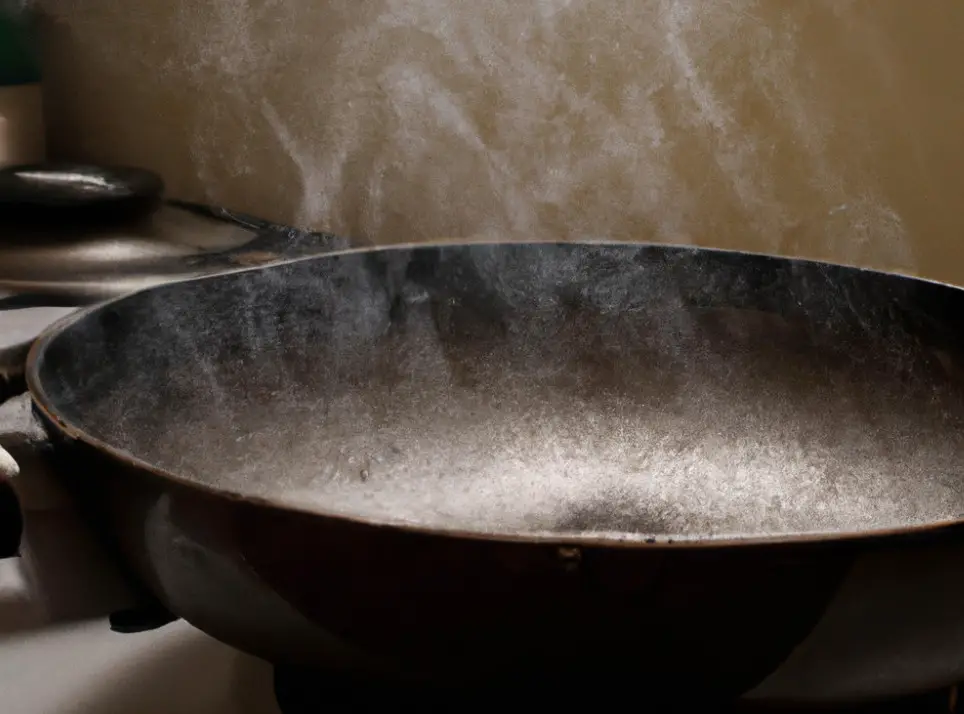
To decrease or prevent smoke from your cast iron pan, it is important to first understand why it is happening. To prevent smoking of your cast iron skillet:
Maintenance
It is important to ensure that your cast iron pan is clean and has been seasoned correctly. The oils used to season your cookware should be regularly reapplied to ensure that the surface of your skillet remains non-stick.
It is advisable to refrain from cooking high-fat or oily foods in a pan that is not seasoned or has not been properly seasoned.
When using this cookware for cooking, use a lower temperature than you would with other types of cookware. Cast iron is efficient in heating up and retaining heat, therefore requiring lower temperatures to achieve desired results.
Make sure to use the right amount of oil or fat while cooking in your cast iron skillet. Too little or too much can cause your pan to smoke. [3]
Turn Down The Temperature
You may be using too much heat while cooking with your cast iron pan. Cast iron has a very high smoking point, which means it can handle extremely hot temperatures without smoking. The smoke typically starts when the temperature reaches 350 degrees Fahrenheit (177 Celsius). To avoid smoking, keep the heat lower than this temperature and adjust as needed.
It is important to keep in mind that a cast iron pan requires some time to reach the desired temperature. Using too much heat too quickly can cause the smoke as well.
Try A Different Cooking Oil
If your cast iron pan is still smoking despite turning down the heat and using a higher smoke point oil, consider using a different type of cooking oil. Certain oils are more effective than others when cooking with cast iron pans.
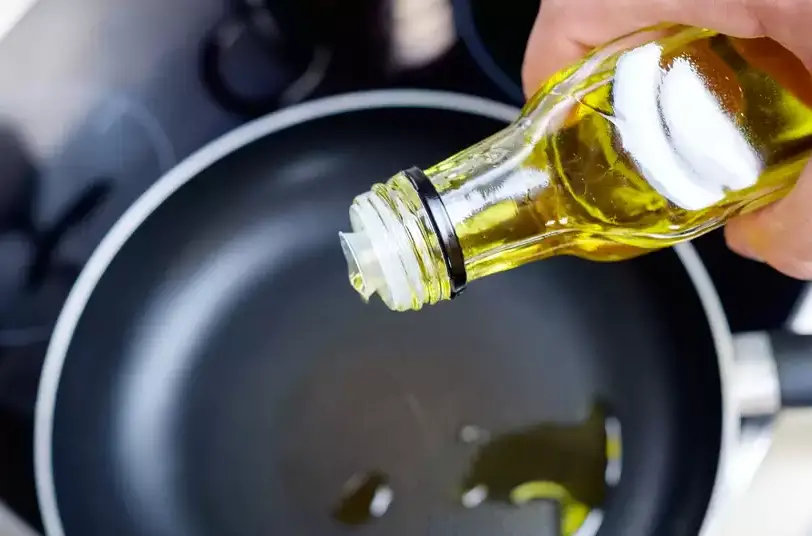
One example is that peanut, sunflower, and safflower oil are vegetable oils with a smoke point of approximately 450°F or 232°C. In contrast, olive oil is a type of cooking oil with a smoke point of 375°F (190°C), which is much lower than other cooking oils. [4]
FAQ
Is it normal for an iron to smoke?
It is normal for a cast iron pan to produce smoke. During the seasoning process of the pan, oil is heated and bonded with the metal surface of the pan. This allows food to cook more evenly and gives you that classic “stovetop sear” flavor. The smoke you see during this process is simply evaporating oil burning off the surface of the pan. To cook tasty food without sticking or burning, it’s crucial to follow this process to properly season your cast iron.
Why does my cast iron skillet keep burning?
Your cast iron skillet is producing smoke because it is at a high temperature. The higher the temperature of your pan, the more likely it is to smoke. To reduce the amount of smoke, lower the temperature slightly and add some oil or butter as soon as you place food in the pan. Using this will prevent your food from burning by creating a barrier between it and the metal surface. In addition to reducing the temperature, you may want to adjust your cooking methods as well.
For best results, it is recommended to use cast iron skillets for slow and consistent cooking instead of cooking at high heat.
If you’re searing food, try using a smaller area of the pan and cook on medium-low heat. You can also cover the pan with a lid to trap in moisture and reduce smoke. To prevent burning and create a non-stick surface, make sure to season your cast iron skillet on a regular basis.
Is it normal for my pan to smoke?
It is normal for a cast iron pan to produce smoke. This is because the metal has been seasoned with oil and heated up to very high temperatures. The smoking is usually caused by the oil breaking down into gas form as it’s heated. Don’t worry if you see smoke coming out of your pan when it’s heating up, even if there’s no food in it yet.
What oil is best for cast iron cooking?
For optimal results when using a cast-iron pan, it is recommended to use oil that has a high smoke point. Some of the oils that are included are vegetable oils like canola, peanut, and grapeseed oil.
Additionally, it includes animal fats such as butter or lard, and other oils that are rich in antioxidants like avocado and coconut oil. It’s important to choose an oil that won’t burn or smoke easily. To cook with a cast-iron pan, make sure to preheat it before adding oil or food. This will help ensure that the food cooks evenly and prevents sticking.
For optimal results, you should heat the pan for several minutes before adding oil, allowing it to become hot enough that a drop of water will quickly sizzle and evaporate. After adding the oil, you may notice more smoke initially; however, if the pan is preheated correctly, this should dissipate quickly as the food starts cooking.
What temperature do you season cast iron?
To properly season cast iron, you should heat up the pan on medium heat for 10-15 minutes before adding any seasoning. Avoid using high heat as this can cause the fat used in seasoning to smoke or burn before it has been properly absorbed by the pan.
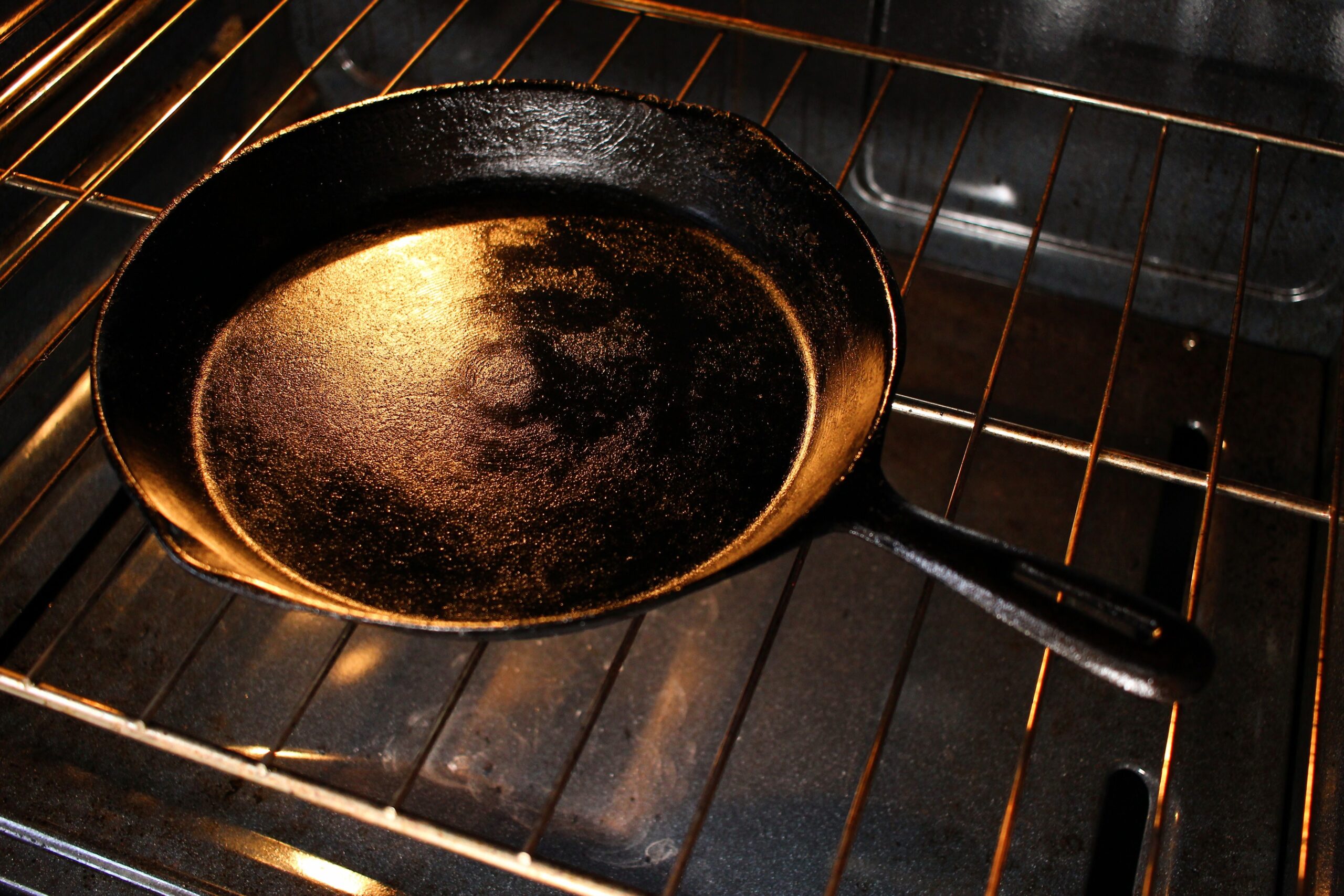
If you season at too low of a temperature, it will not be effective and may need to be repeated. To ensure effective seasoning, you should use enough fat to generously coat the entire surface of the pan and then heat it until it starts to smoke lightly.
The key is to keep your eye on the temperature and not let it get too hot. Once smoking has stopped, remove the pan from heat and let cool completely before using.
What to do if cast iron is smoking?
The first step to take when your cast iron pan starts smoking is to lower the heat. To avoid overheating, it is important to cook on a cast iron surface at a lower temperature compared to other cooking surfaces. Reduce the heat until it stops smoking, then add any necessary additional ingredients or fat.
Here’s a tip to prevent your cast iron pan from smoking next time. It is important to use the appropriate kind of fat or oil for cooking with a cast iron pan. Some oils have a much higher smoke point than others.
How long to let cast iron smoke when seasoning?
It is important to allow the cast iron pan to smoke for an adequate amount of time when seasoning it. Using this will assist in developing the non-stick characteristics required for your cooking. The length of time to smoke a cast iron pan depends on its thickness and level of dryness prior to heating. Generally speaking, most pans can be allowed to smoke for 10-15 minutes.
It is important to keep an eye on the pan while it is smoking, as it can easily become too hot and begin to burn off the seasonings if left too long. Until you reach your desired level of seasoning, it is recommended to use a medium heat setting. After achieving the desired level of seasoning, lower the heat and allow the pan to cool before using it.
Can cast iron get too hot?
Cast iron can become overheated. To cook using a cast iron pan, ensure that the temperature is not too high. If the heat is too high, the oil in your pan can begin to smoke and even cause fires if you are not careful. Furthermore, overheating a cast iron skillet may lead to brittleness and warping of the metal, ultimately decreasing its longevity. To avoid overheating your cast iron pan, make sure the temperature is between 300-400 degrees Fahrenheit by using a thermometer.
Additionally, adding oil or butter to your pan will help regulate the heat and prevent it from getting too hot. If there are still signs of smoking from your pan, you may need to reduce the heat or add more oil.
Should you oil cast iron after every use?
The short answer is: yes, absolutely. It is essential to clean your cast iron pan with hot water, a brush or sponge, and then dry it on the stovetop over low heat after using it. Once dry, add a thin layer of neutral oil (such as vegetable oil) to the pan while it’s still warm. Using this will both add flavor to the food you’re cooking and prevent the pan from rusting.
To prevent your pan from getting too greasy, be sure to wipe off any excess oil using a paper towel or cloth. You can make your cast iron pan last a lifetime by performing regular maintenance on it.
Is it OK to leave oil in a cast iron skillet?
It is normal for a small amount of oil to be left in a cast iron skillet after cooking. This is especially true when the pan has been seasoned properly. Using seasoning creates an oil layer that safeguards against sticking and rust, and it may also decrease smoking. If you leave too much oil in your cast iron skillet, it might start producing smoke when it’s exposed to high heat. To prevent this, simply wipe the pan with a paper towel after cooking and before storing.
To prevent the breakdown of oil and the creation of smoke, it is crucial to avoid overheating your cast iron skillet. For optimal results, it is recommended to use medium or lower-medium heat when heating. You should be careful not to add too much oil to your cast iron skillet because it can lead to smoking.
Useful Video: How to Ruin a Cast Iron Pan
Conclusion
Generally, cast iron pans will smoke when cooking at high temperatures. This can be prevented by preheating the pan properly and using enough oil or fat to lubricate the surface of the pan. Additionally, you should avoid overcrowding your pan too much as it can cause steam pockets that create moisture which will reduce temperature. Finally, remember to frequently clean and season your pan as it can help minimize smoking.
References
- https://vivaflavor.com/why-does-my-cast-iron-skillet-smoke/
- https://eatpallet.com/why-does-my-cast-iron-smoke-so-much/
- https://foodsguy.com/cast-iron-skillet-smoking/
- https://www.ehow.com/info_8247044_cast-iron-pan-smoke.html

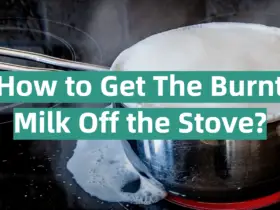

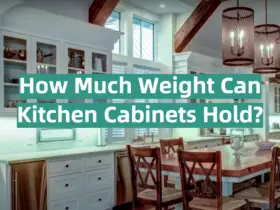
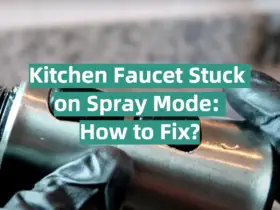
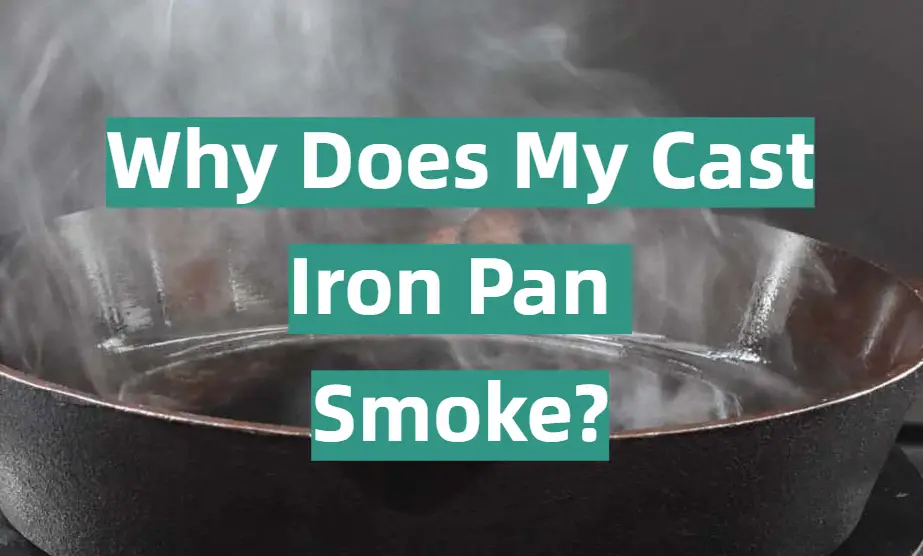

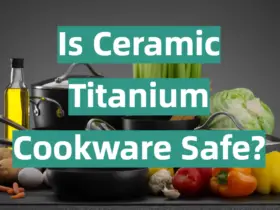
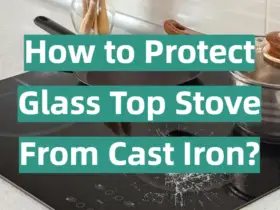

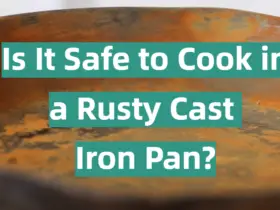
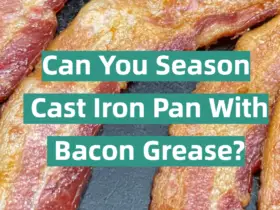
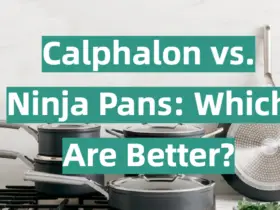
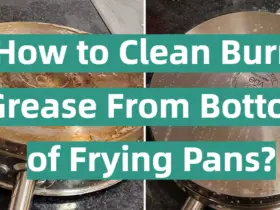
Leave a Reply